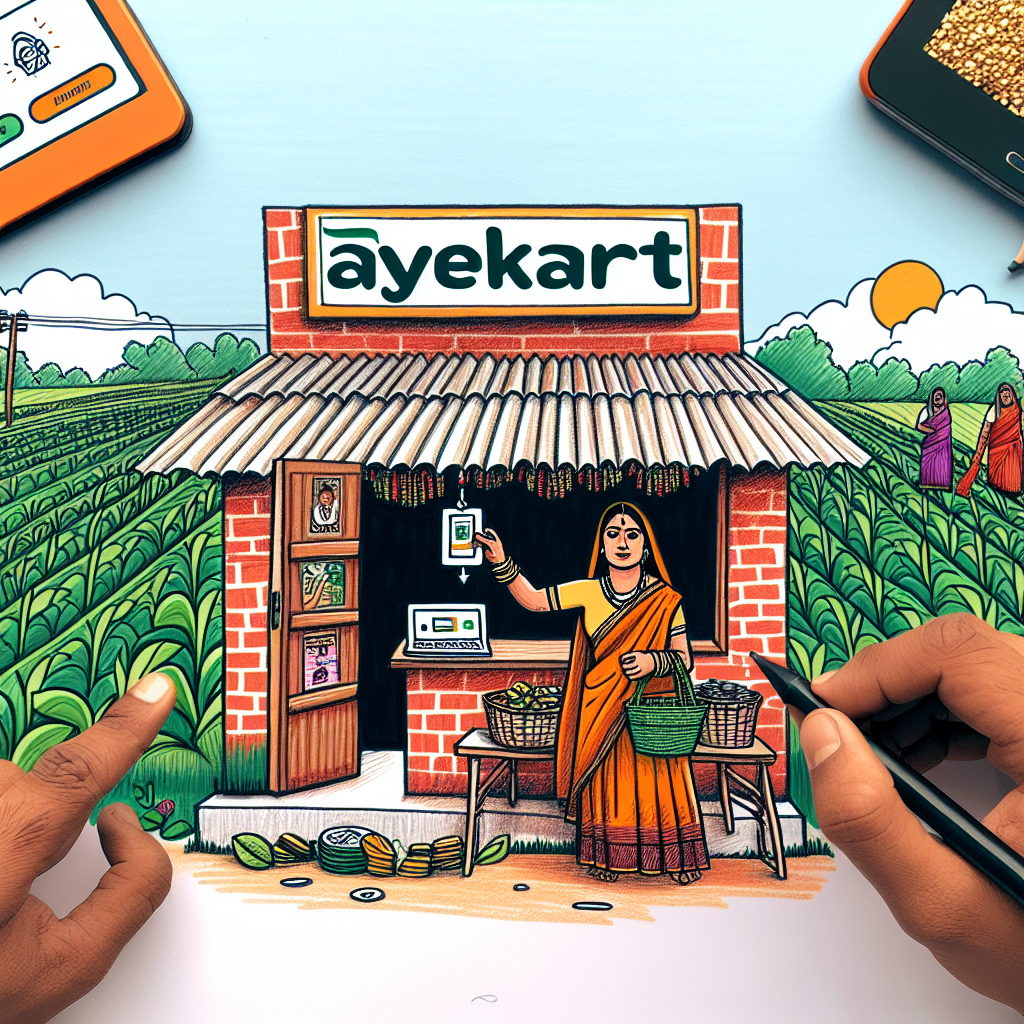India Steps Up Food and Plant Safety with SPS and TBT Regulations
India has issued over 300 notifications since 2020 to enhance food safety, protect animal and plant health, and ensure product quality. These measures are part of the WTO’s Sanitary and Phytosanitary Measures (SPS) and Technical Barriers to Trade (TBT) regulations. Experts highlight the growing importance of these regulations amidst declining global customs duties.

- Country:
- India
India has ramped up efforts to ensure food safety and the health of animals and plants by issuing over 300 notifications since January 2020, according to data from the commerce ministry.
These measures fall under two key regulations—Sanitary and Phytosanitary Measures (SPS) and Technical Barriers to Trade (TBT)—which are sanctioned by the World Trade Organisation (WTO).
The initiatives, aimed at maintaining high standards in the market, have seen India issue 62 SPS and 247 TBT notifications over the past couple of years. Under WTO rules, each member country has the right to assess risk and determine appropriate safety standards, which can vary based on specific national circumstances. Experts emphasize the need for India to continue leveraging these measures amidst the global trend of declining customs duties.
(With inputs from agencies.)
- READ MORE ON:
- India
- food safety
- animal health
- plant health
- WTO
- SPS
- TBT
- regulations
- trade
- quality standards










